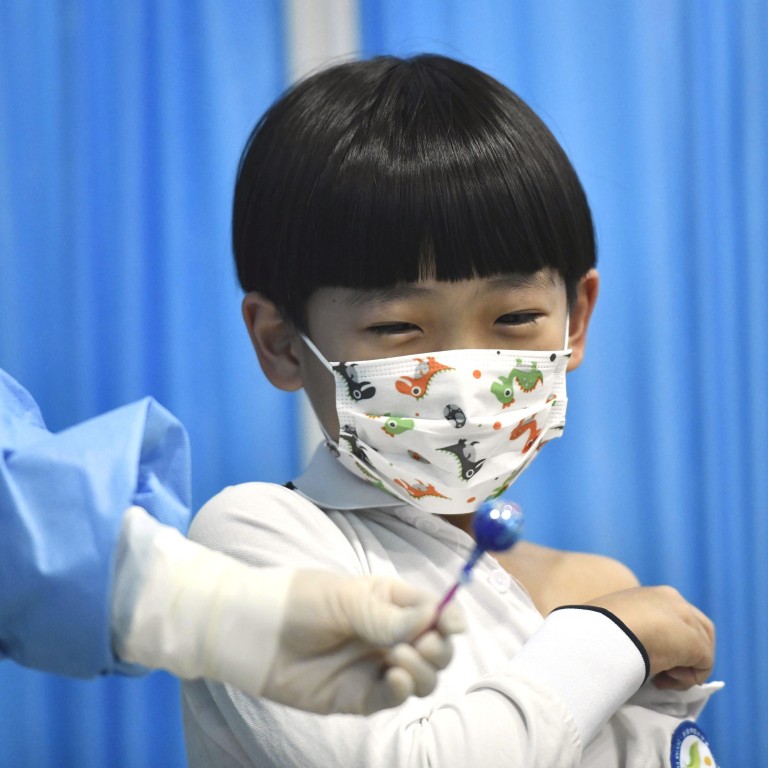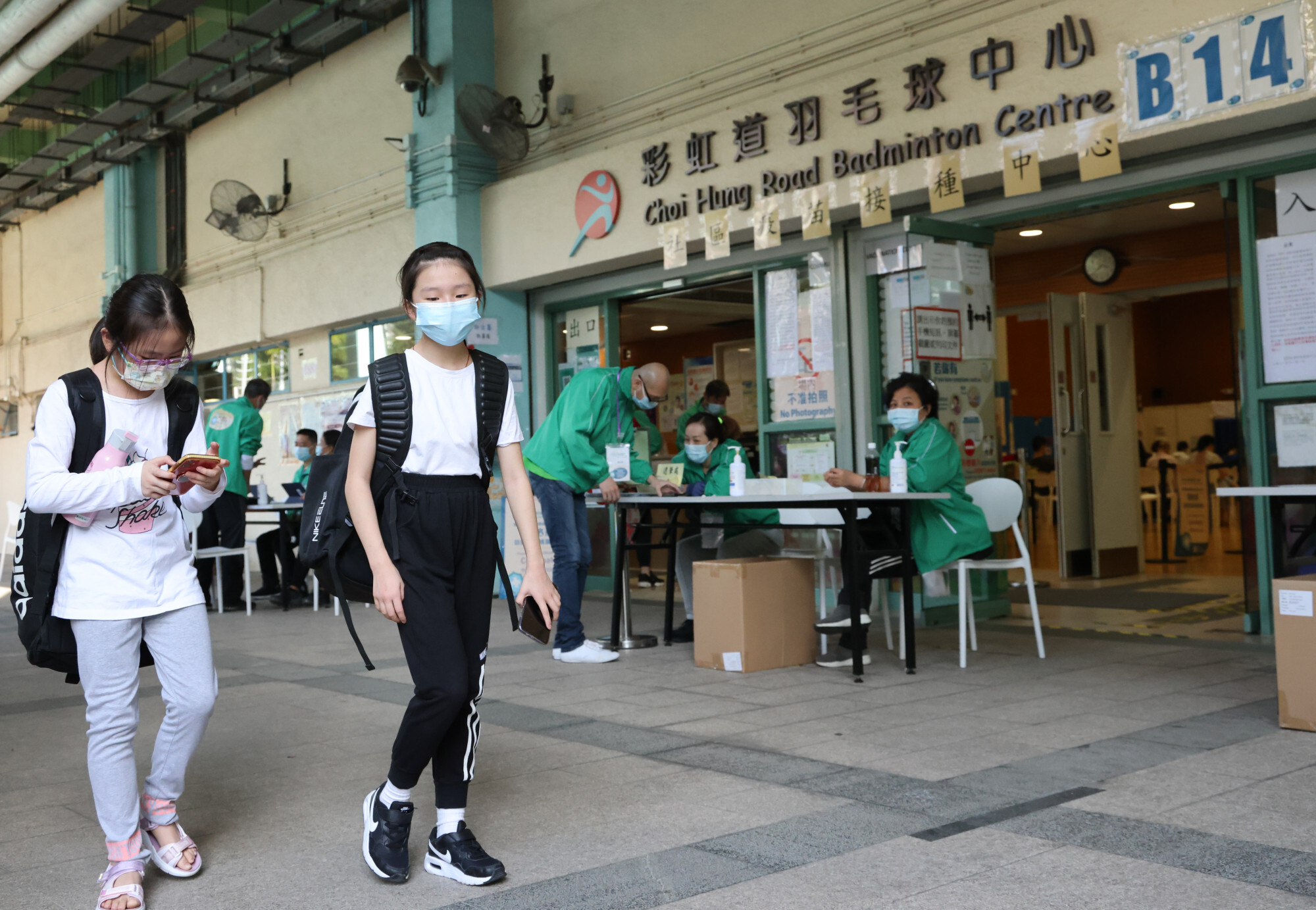
Singapore is right: don’t browbeat parents into vaccinating their kids against Covid. Persuade them
- Immunising children is the next stage of the coronavirus fight for Asia-Pacific societies with high vaccination rates like Japan and Australia
- While the data suggests such jabs are safe, and Omicron has raised the stakes, ultimately it should be for parents to weigh the risks and benefits
A friend who eagerly got herself inoculated as soon as vaccines became available in 2020 admitted she was more hesitant in deciding whether her seven-year-old daughter should take the jab.
Like other parents, she too had questions about Cominarty’s use of the relatively new messenger ribonucleic acid (mRNA) technology, and whether it would have long-term effects on her child’s development.

The good news is that global data on child vaccination thus far, while limited, is reassuring.
Singaporean officials who this week took to parliament to reassure parents about the safety of child vaccines said the incidence among young people of myocarditis – a rare cardiac side effect arising from mNRA jabs – was 450 per million people.
The city state began its roll-out of Cominarty vaccines for children aged 5 to 11 on December 27, and among the tens of thousands who had been jabbed by January 7, none had experienced a serious adverse effect, senior minister of state for health Janil Puthucheary said.
Hong Kong panel suggests smaller doses of BioNTech vaccine for kids aged 5
While some point to milder Covid symptoms and the lower likelihood of hospitalisation among children as a reason for not vaccinating the young, it is important to factor in the effect of the more transmissible Omicron variant.
As the Singaporean health minister Ong Ye Kung pointed out, even if a small percentage of children were to get very sick, that could be a significant number.
Ultimately, it is for parents to weigh the risks and benefits of getting their child vaccinated. Thus far, regional governments have resisted putting undue pressure on parents to make a decision on vaccinating their children.
In Singapore, authorities have underscored that the city state’s policy of granting greater freedoms for social activities to vaccinated people will not apply to children. That is the right approach – parents should be persuaded to vaccinate their children through moral suasion and science, and not by being browbeaten.

